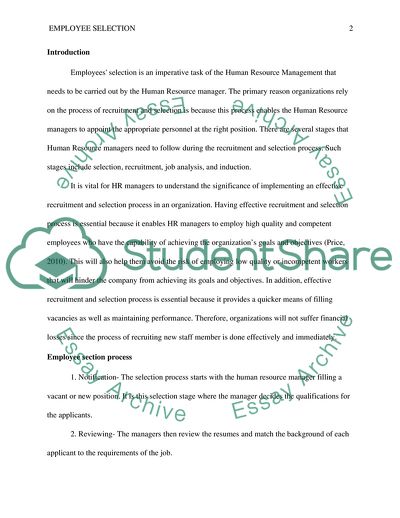Cite this document
(Employee Selection: Recruiting and Interviewing Research Paper, n.d.)
Employee Selection: Recruiting and Interviewing Research Paper. https://studentshare.org/human-resources/1841432-employee-selection-recruiting-and-interviewing
Employee Selection: Recruiting and Interviewing Research Paper. https://studentshare.org/human-resources/1841432-employee-selection-recruiting-and-interviewing
(Employee Selection: Recruiting and Interviewing Research Paper)
Employee Selection: Recruiting and Interviewing Research Paper. https://studentshare.org/human-resources/1841432-employee-selection-recruiting-and-interviewing.
Employee Selection: Recruiting and Interviewing Research Paper. https://studentshare.org/human-resources/1841432-employee-selection-recruiting-and-interviewing.
“Employee Selection: Recruiting and Interviewing Research Paper”. https://studentshare.org/human-resources/1841432-employee-selection-recruiting-and-interviewing.


